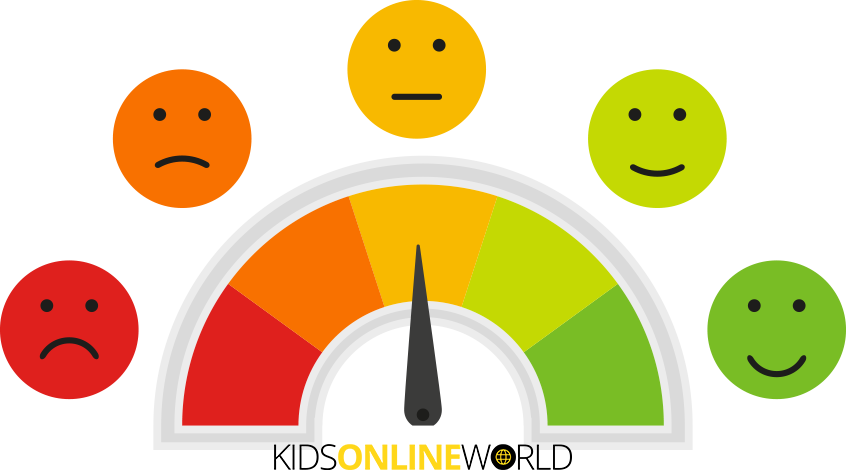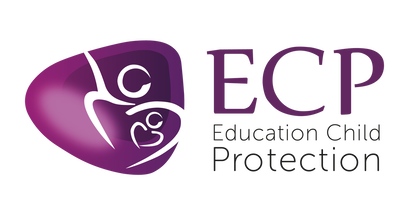TANGO
|
MINIMUM AGE: 16+
WHAT IS IT? Social live streaming community - "Go Live & Make Friends on Live Video Chat". Tango is a social 'live' community app with over 400 million people around the world! "On Tango everyone is always live and only live!" WHAT WE SAY: Treat with caution. Watch live streams and chat with broadcasters:
|
SAFETY TIPS TO CONSIDER:
FURTHER SUPPORT: For parents/ carers If you're worried about your child or need support call NSPCC helpline on 0808 800 5000. If you discover criminal content when online then report it directly to the police or the Internet Watch Foundation. If you're worried about online grooming or sexual behaviour online then report directly to the police or contact CEOP. For Children & young people if they're worried or want to talk, encourage them to contact Childline Online or call 0800 1111. Check out our Resource Centre for further information and useful online safety tips. |



